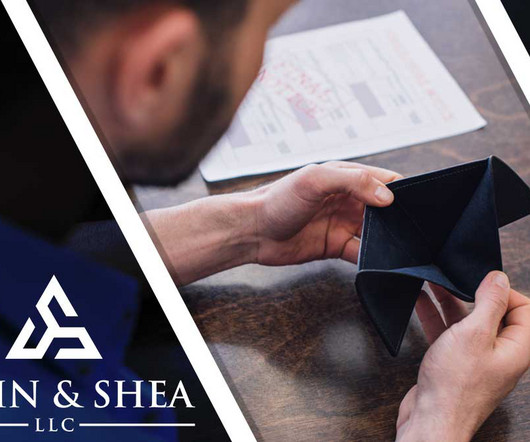Debtor Education Course After Filing for Bankruptcy
Sawin & Shea
JANUARY 11, 2024
Bankruptcy filings for both individuals and businesses are on the rise. Since 2005, a debtor education course from an approved provider is mandatory for anyone who files for bankruptcy. Debtor education classes provide customized guidance based on your unique circumstances.

















Let's personalize your content